Florida Governor Ron DeSantis has been accused of trying to “chill the Democratic process” after his administration allowed police to visit the homes of Floridians who have signed abortion petitions.
This move by DeSantis’ so-called “election police” has outraged Florida residents and many Democrats, as they believe DeSantis is trying to intimidate regular people.
Amendment 4
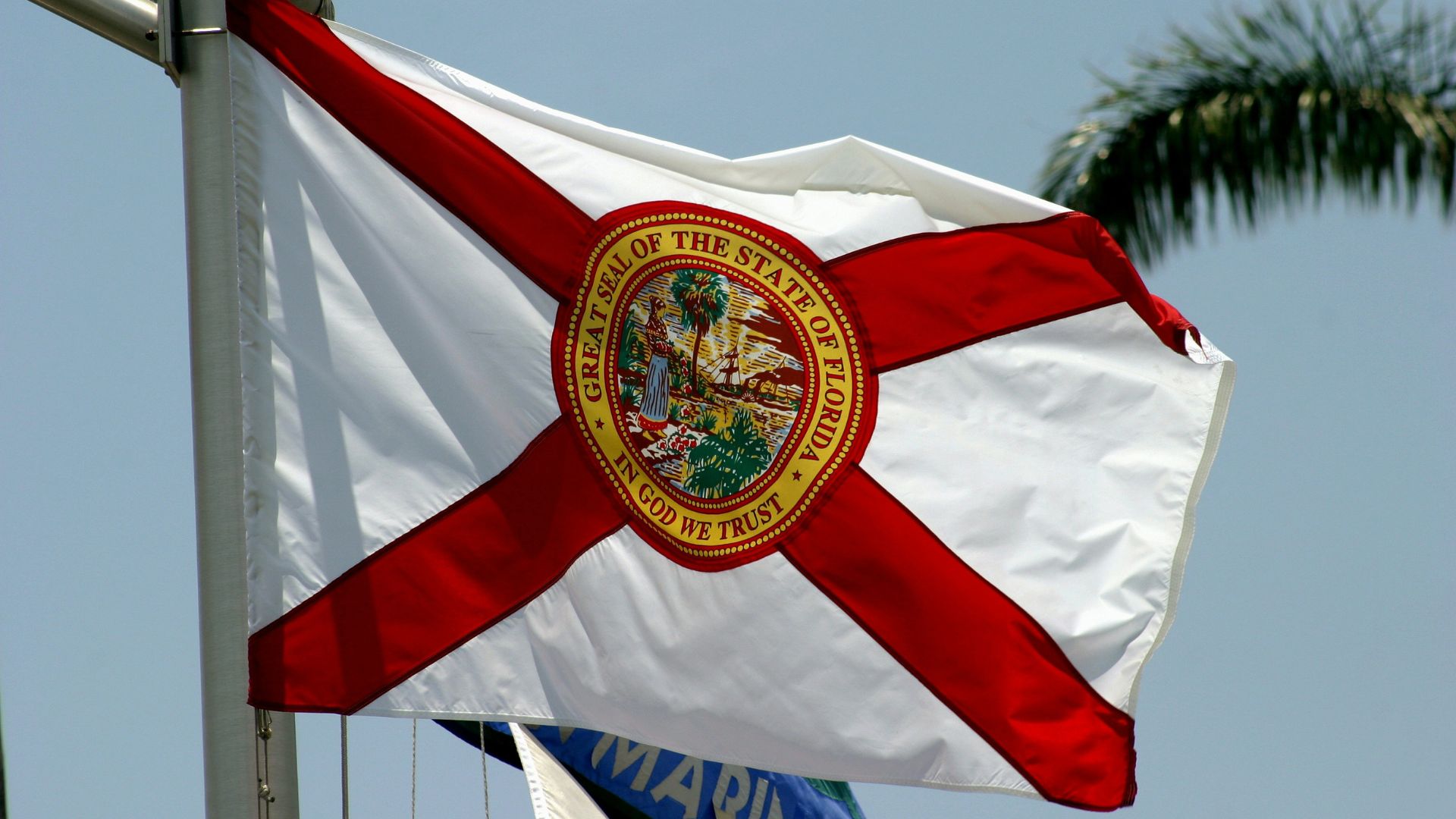
During this November’s election, Amendment 4 will be on the ballot. If voted for, this amendment will enshrine abortion rights in Florida’s constitution.
DeSantis and many of his Republican allies have been forcefully against the passing of this amendment.
Collecting Signatures for the Amendment
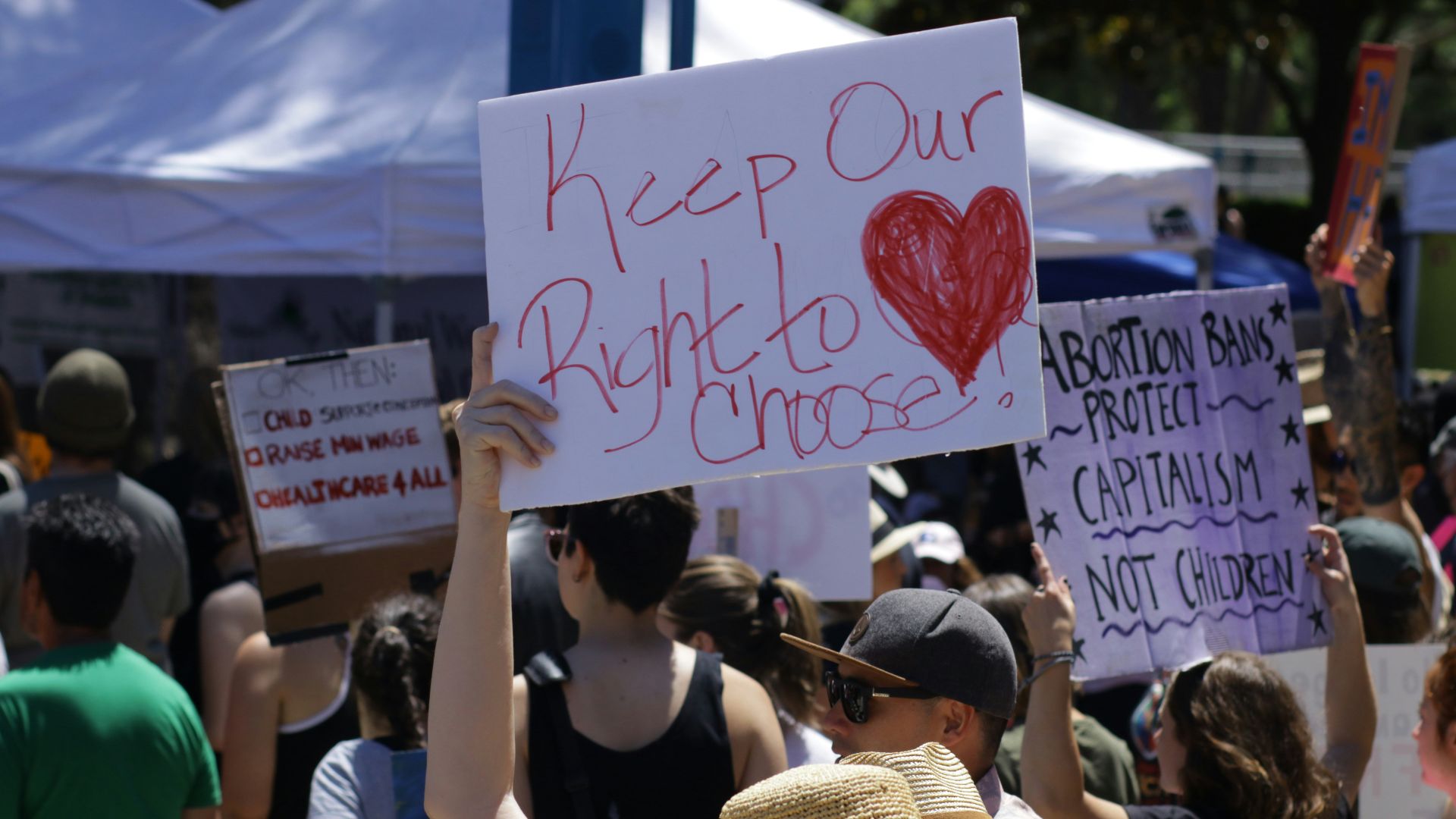
Over the last year, organizations have been collecting the necessary signatures needed to get this petition on the ballot.
After receiving the necessary signatures, Amendment 4 was successfully put on the ballot for this year’s election, allowing Floridians to vote on the issue of abortion once and for all.
Florida’s Strict Abortion Laws
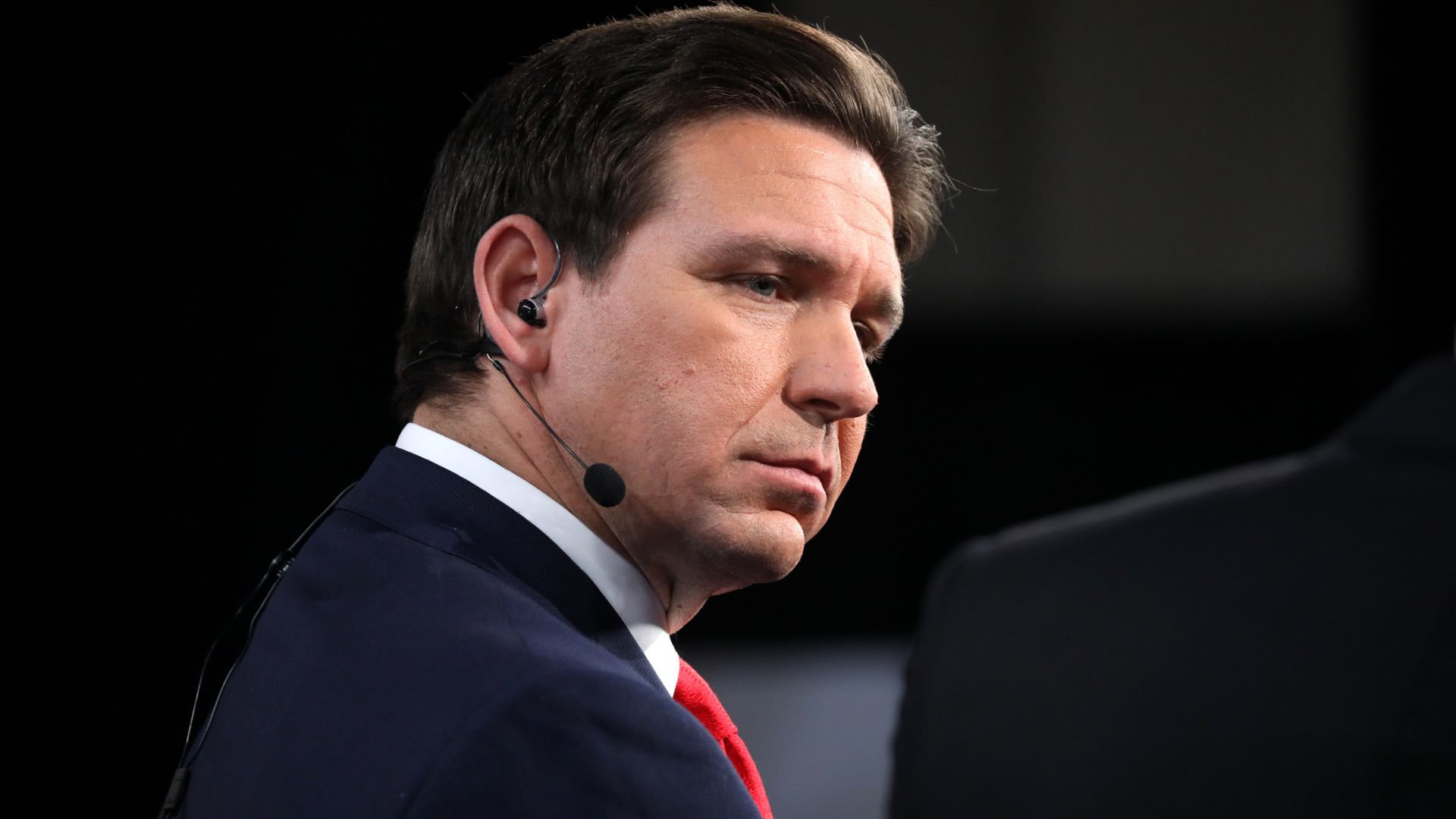
Currently, Florida has one of the strictest abortion laws in the country. All abortions are banned at six weeks of pregnancy. Critics have stated that many women aren’t even aware that they’re pregnant by this time.
If Amendment 4 passes, then it would completely overturn the abortion ban that DeSantis and Republicans have backed.
DeSantis Fights Back
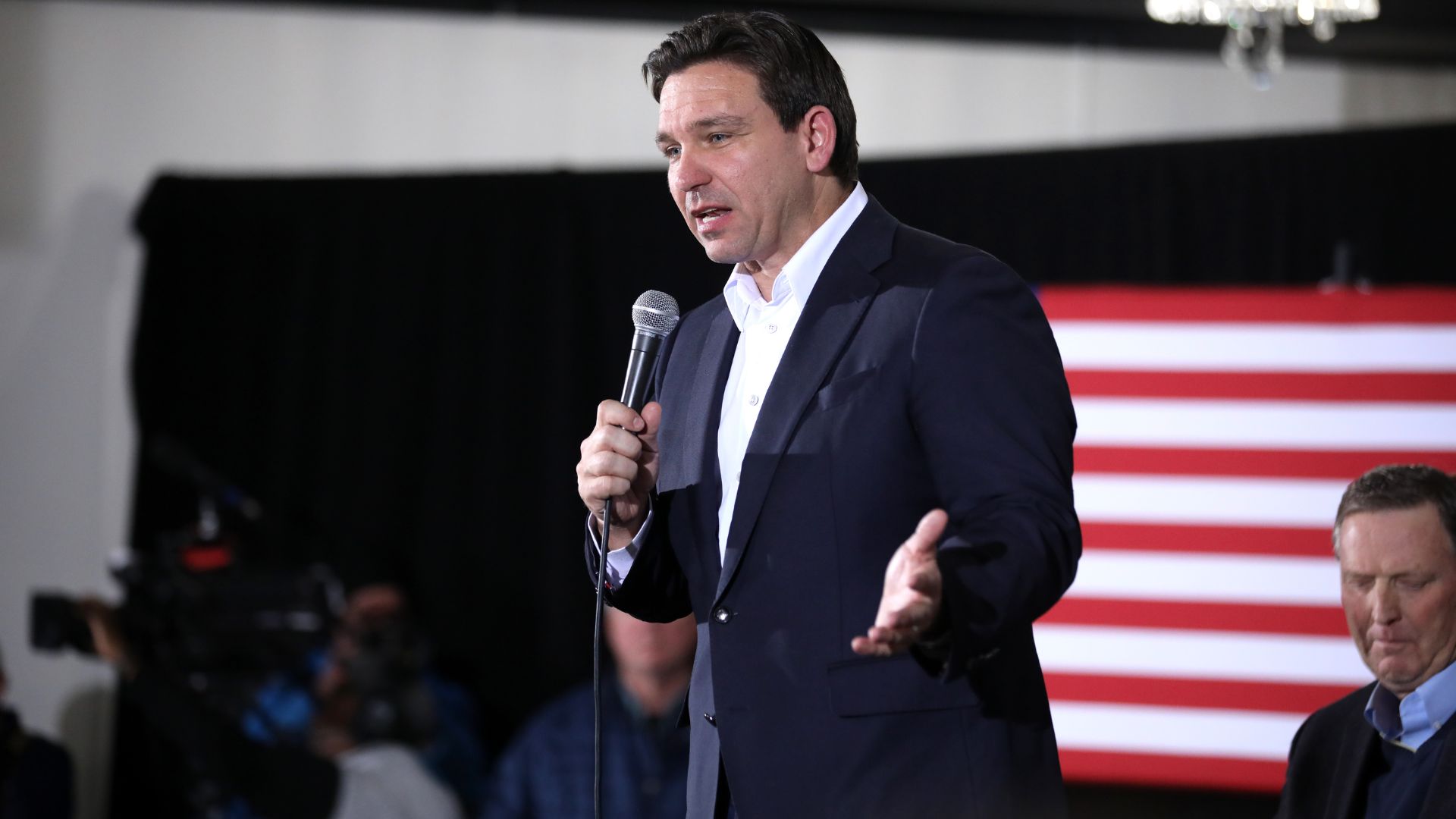
DeSantis has been increasingly fighting the possibility that abortion could be enshrined in the state’s constitution.
Now, his administration has taken a new step and declared that many of the abortion petitions signed were fraudulent, or not accurately signed by real Floridians. As a result, he has conducted his election police to investigate.
Reviewing Petitions
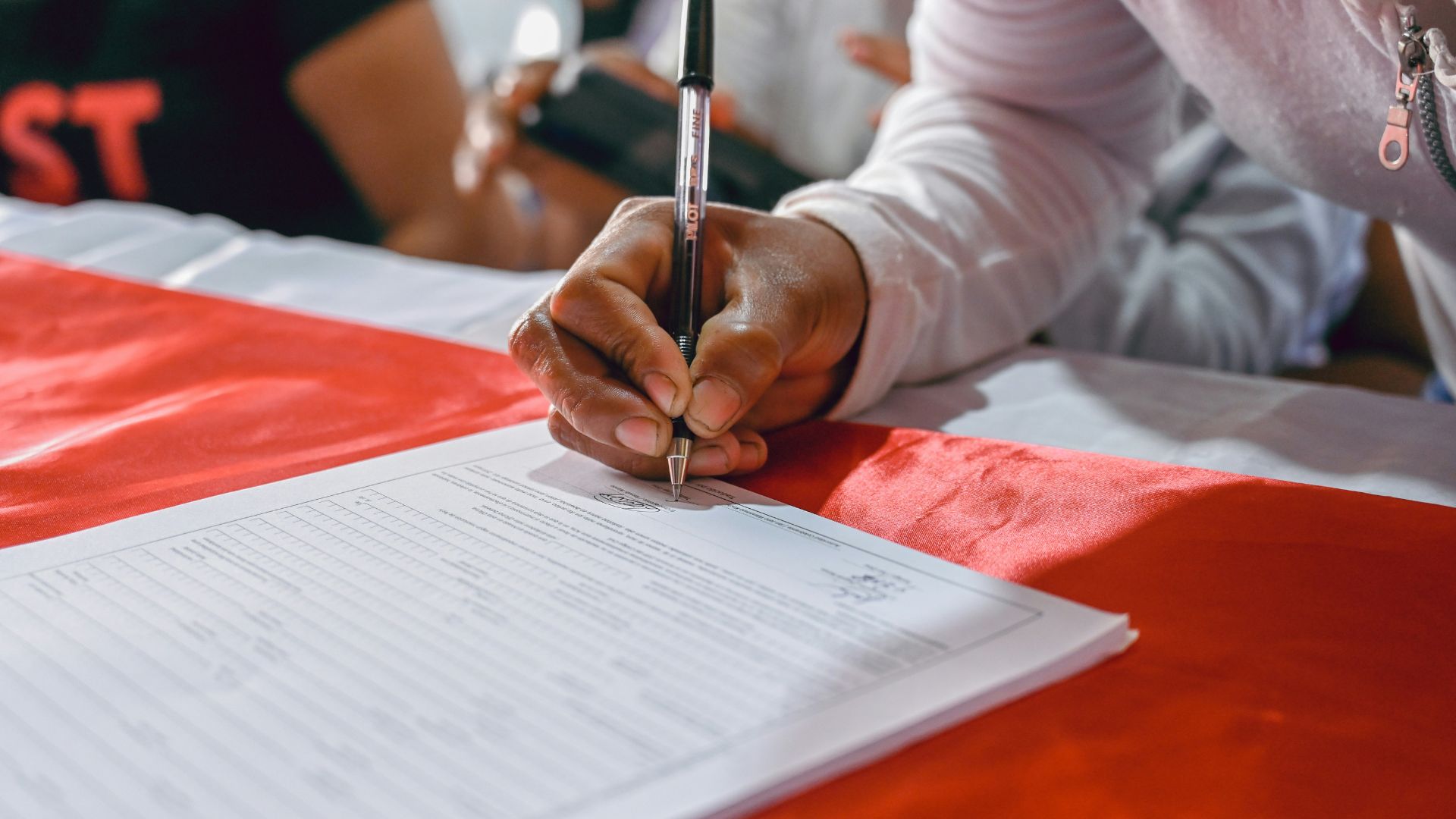
DeSantis’ secretary of state has already ordered elections supervisors in various counties to review 36,000 petition forms.
These elections supervisors have stated that they’ve never been asked to do something like this before — and that they’ve already verified these petitions months ago.
Police Visit Floridians
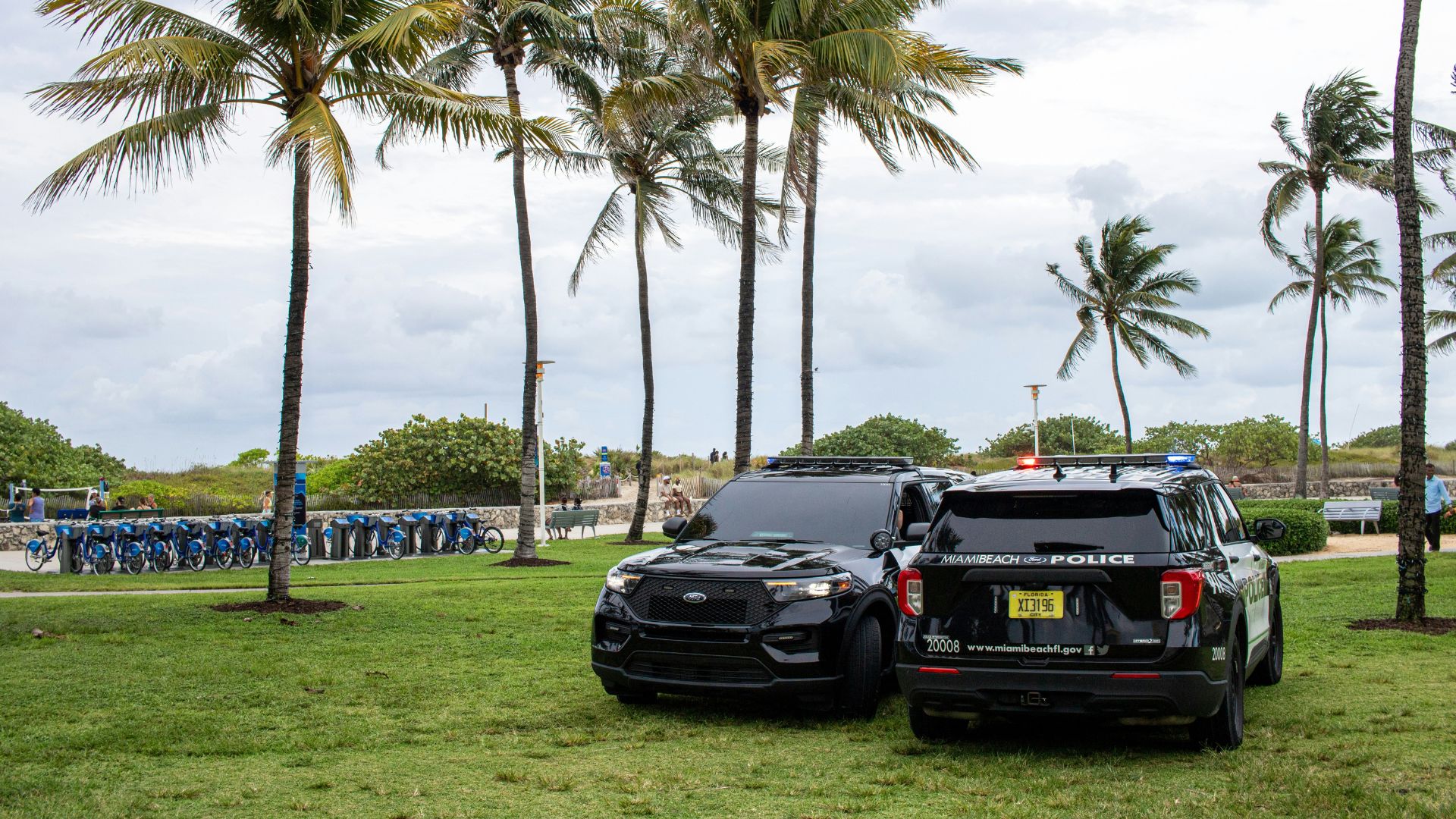
Even more concerning, local reporting has confirmed that police have made visits to many regular Floridians’ homes.
These residents had signed the abortion petitions last year. Police questioned them over their signatures, seemingly trying to ensure that these locals actually signed the petitions in question.
DeSantis Has Violated State Law?
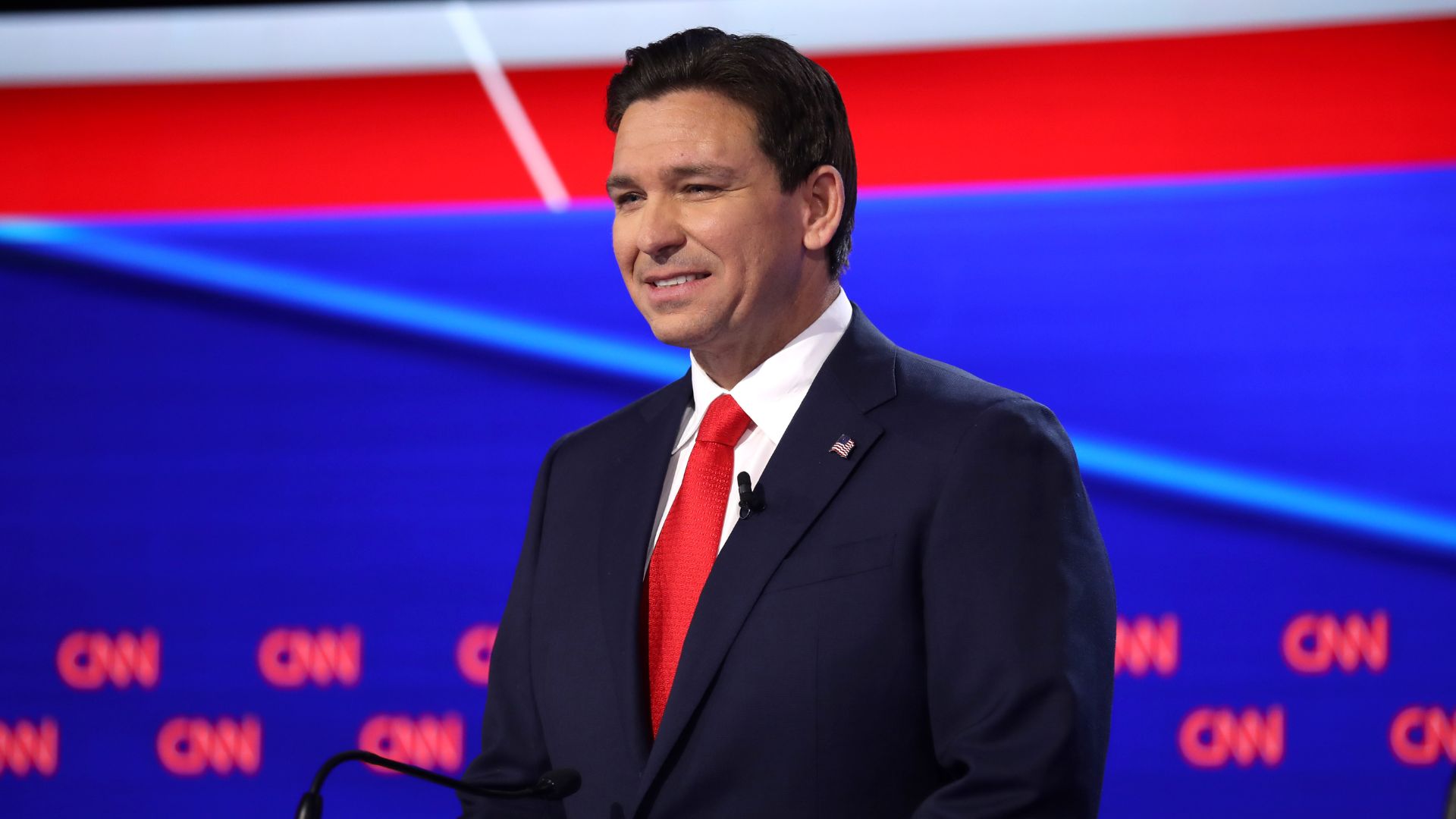
While all of this activity has been going on, a state agency that is operated under the governor’s office published both a website and various social media accounts that advocate against Amendment 4.
Critics were quick to point out that this is proof that DeSantis has violated state law, as he has used a government agency that uses taxpayer money to lobby during an election.
Chilling the Democratic Process
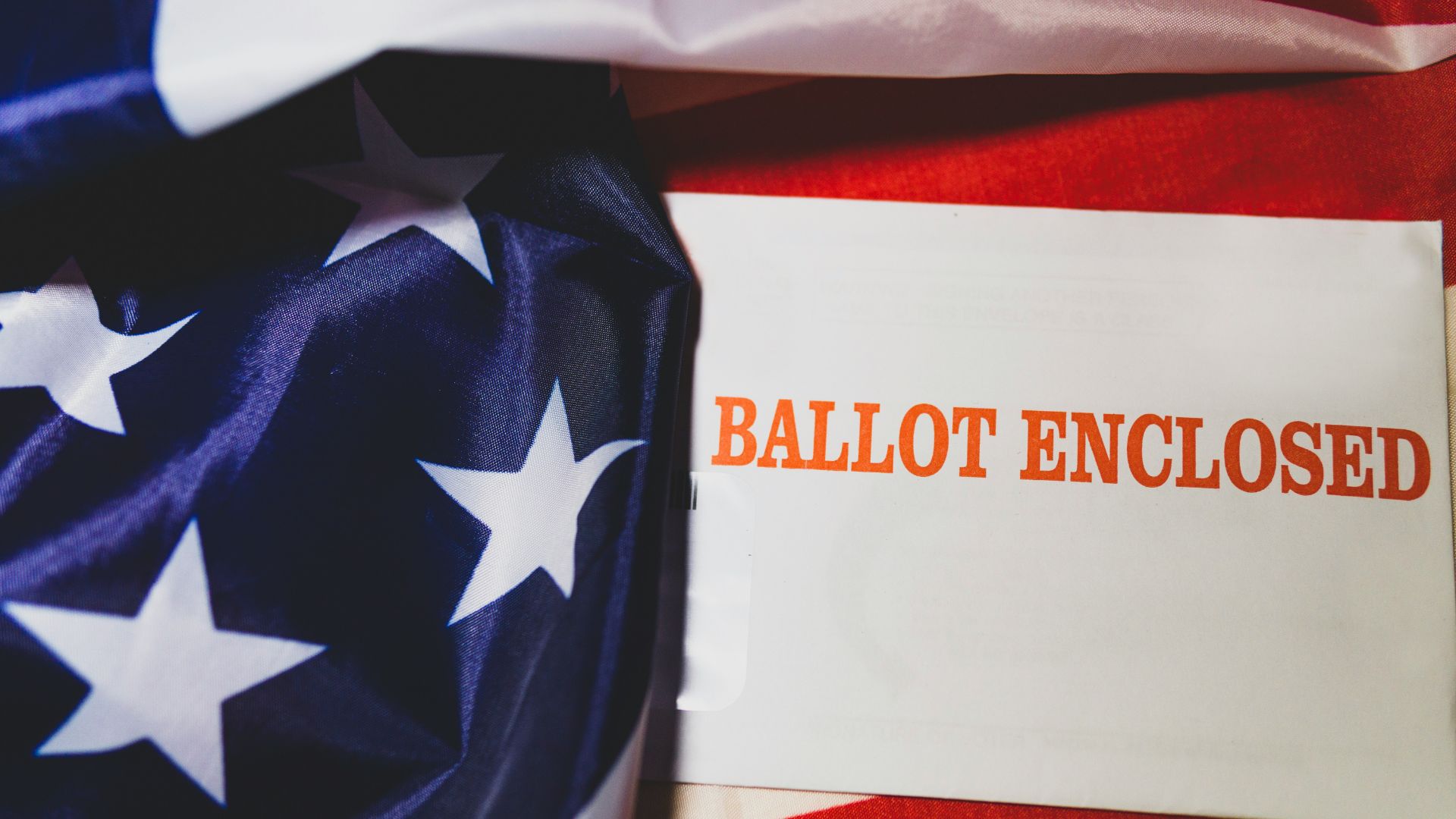
Many leading Democrats in Florida have come out to blast DeSantis — and to insinuate that they are now exploring legal avenues.
Florida congresswoman Debbie Wasserman Shultz said, “These are petitions that were already approved, that were done properly. This police intimidation tactic is clearly intended to chill the democratic process.”
Suppressing Voters?
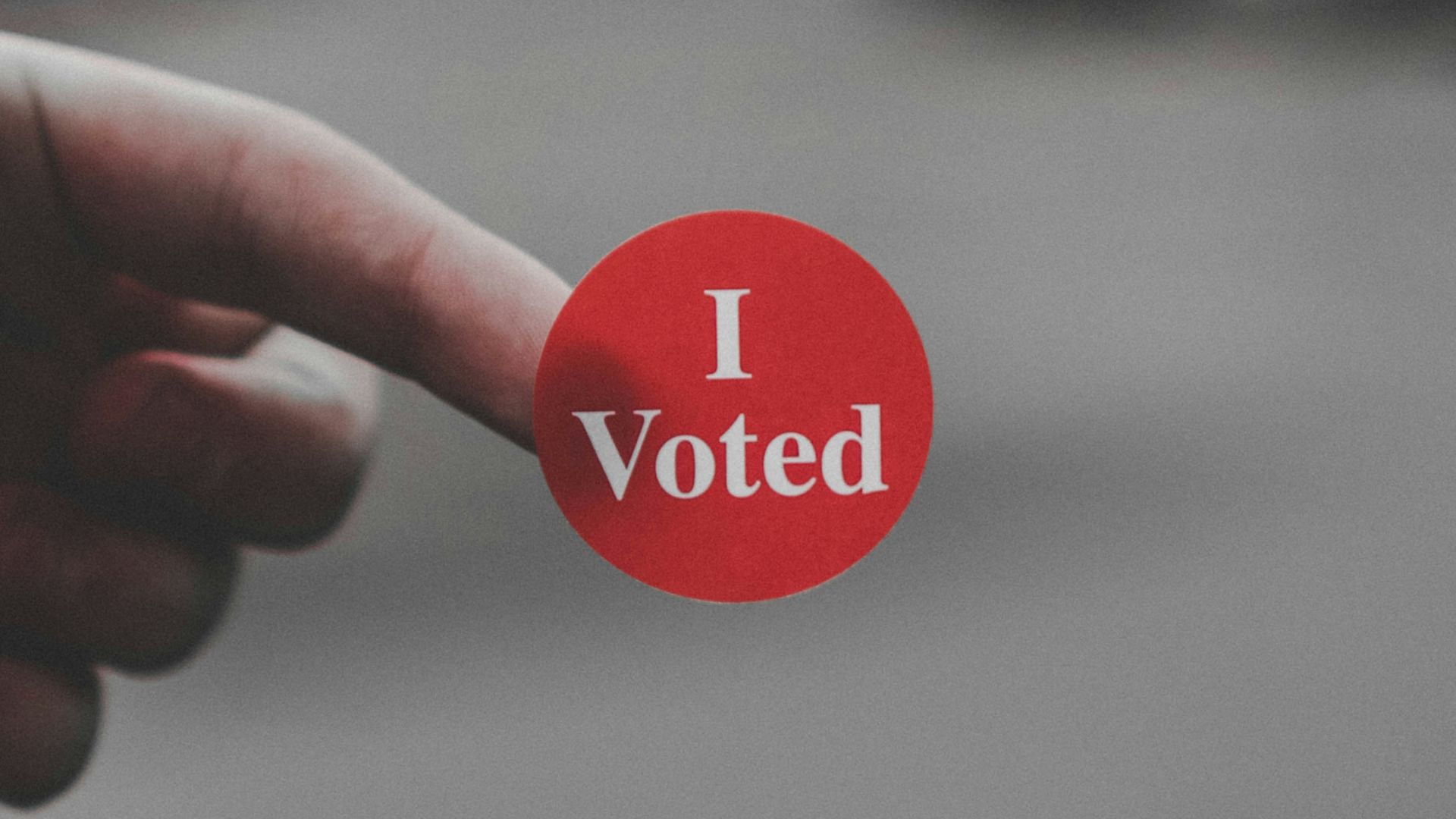
Meanwhile, Florida’s Democratic Party chair Nikki Fried has insinuated that DeSantis’ moves are all an attempt to suppress voters.
She said that DeSantis is “using state government resources to do it, including harassing local supervisors to demand signatures that were already certified, intimidating abortion petition signers … [and] launching an illegal government website attacking Amendment 4.”
Legal Battles Are Upcoming
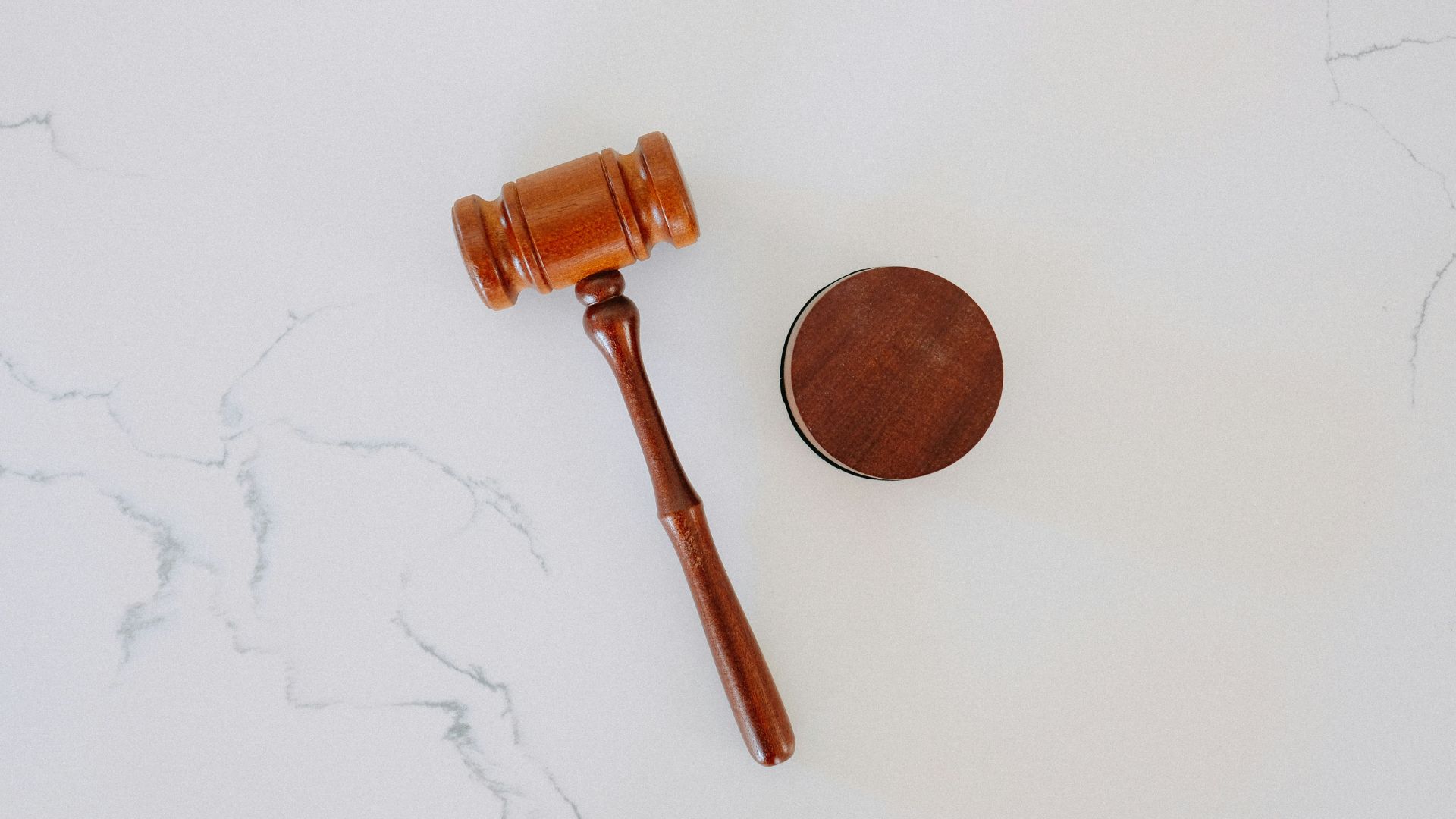
Many Democrats have stated that they are pursuing legal action against DeSantis for these moves.
Democratic state Representative Anna Eskamani explained, “We have some of the best attorneys in the country working on this. You can expect there to be legal battles, without a doubt.”
DeSantis Defends Actions
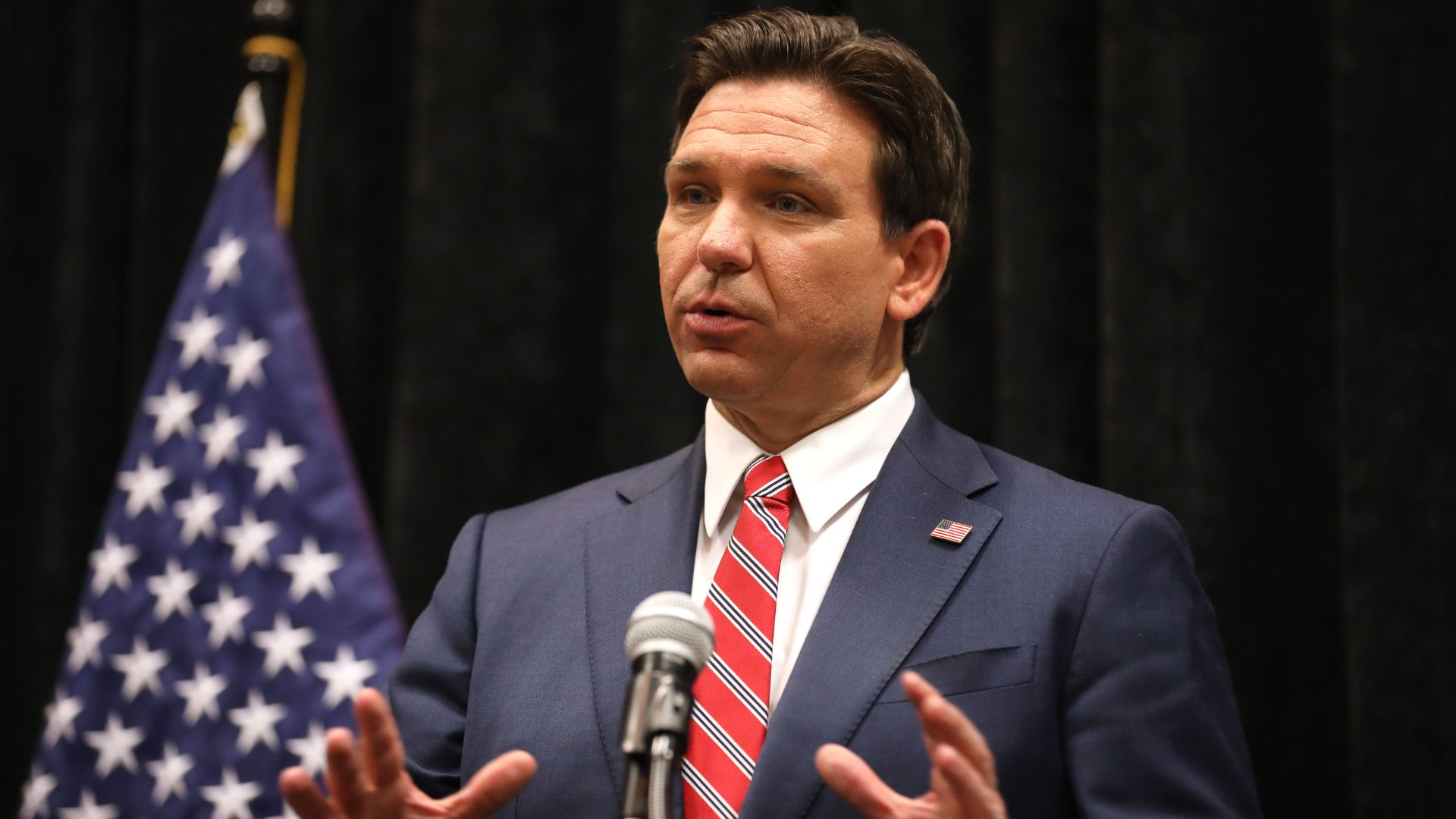
DeSantis has defended himself against these criticisms, stating that the state agency that posted against Amendment 4 was “above board” and that this was “not electioneering.”
The Florida governor also defended the use of election police, stating that they were investigating “seedy activity”, such as the use of “dead voters” and their information.
